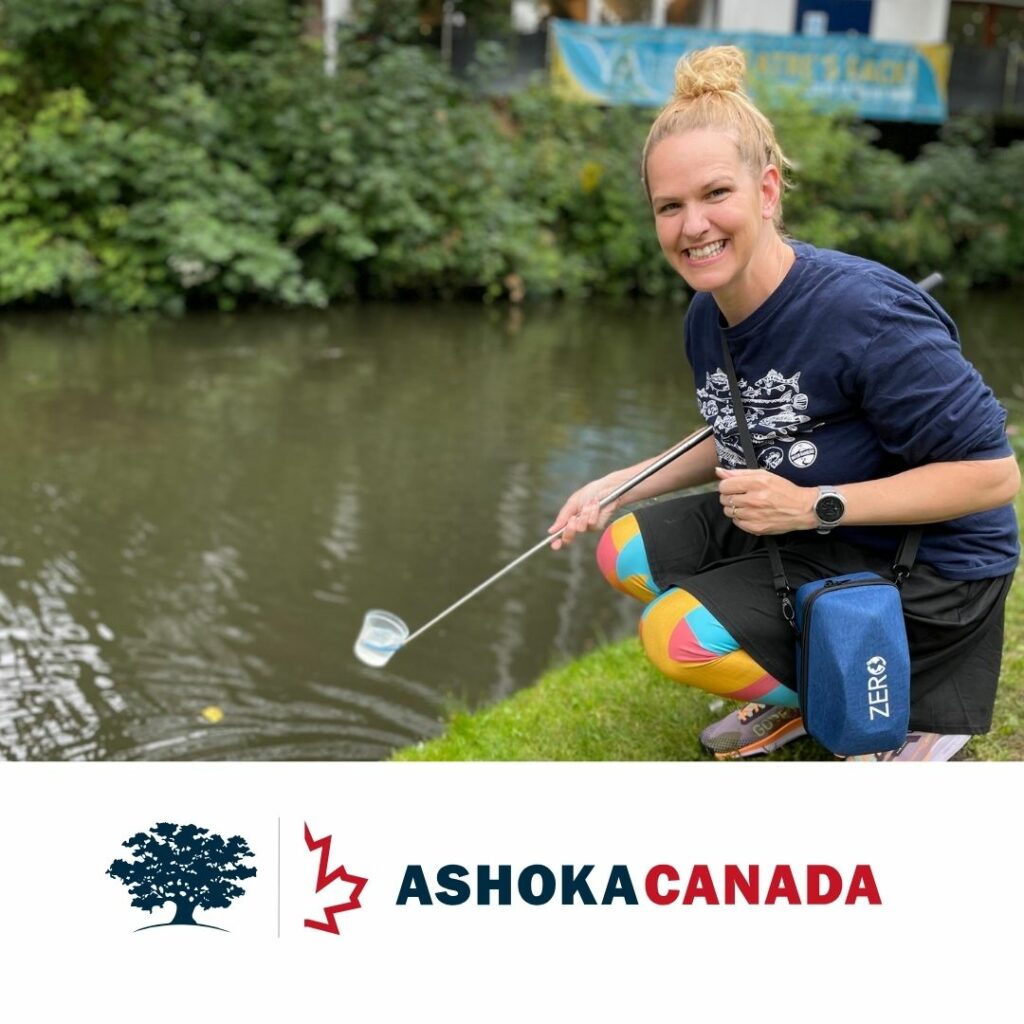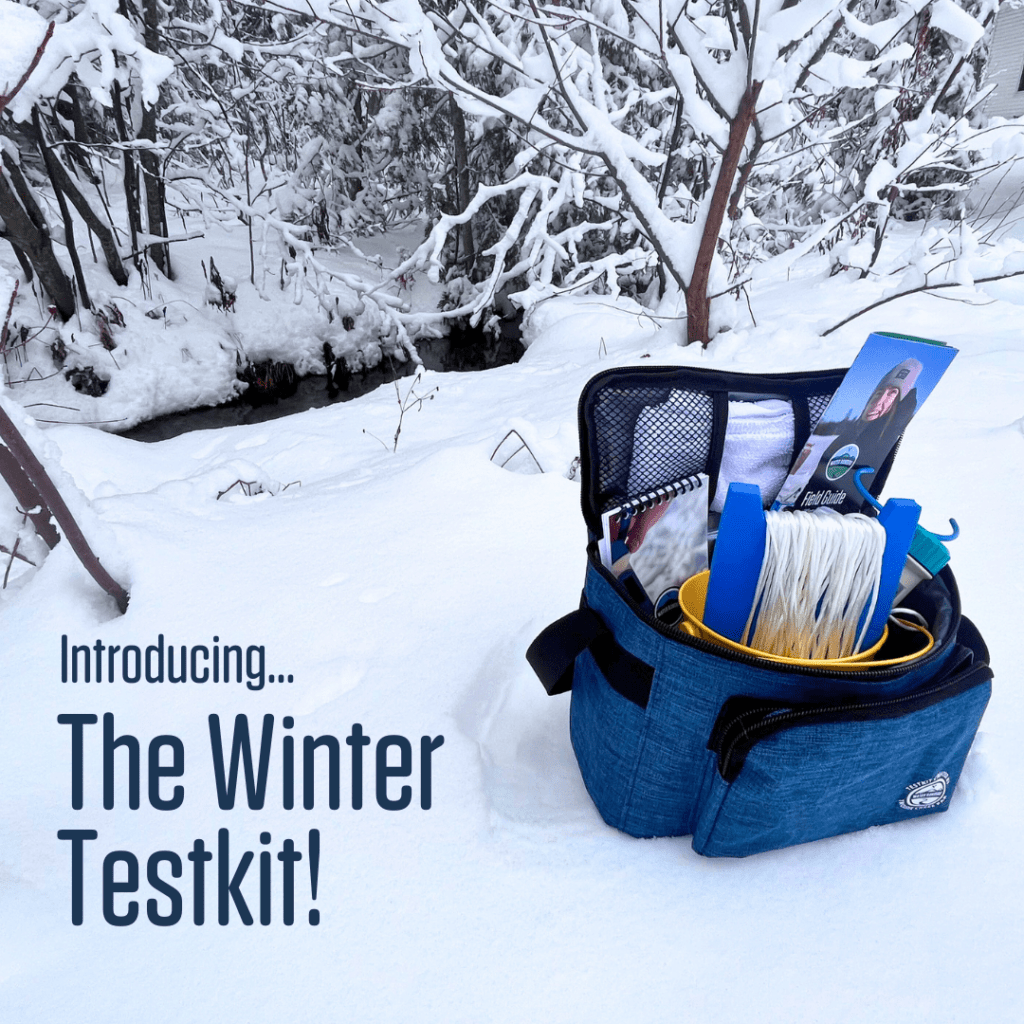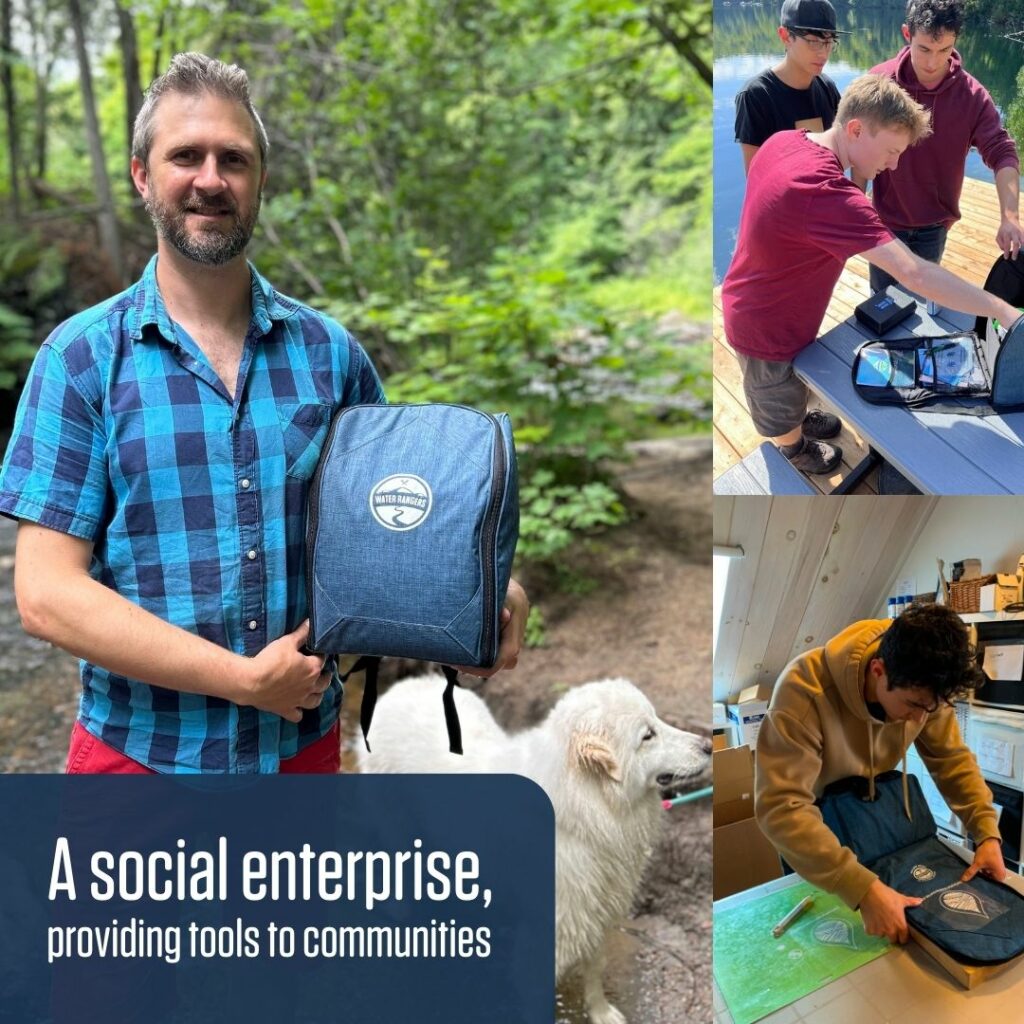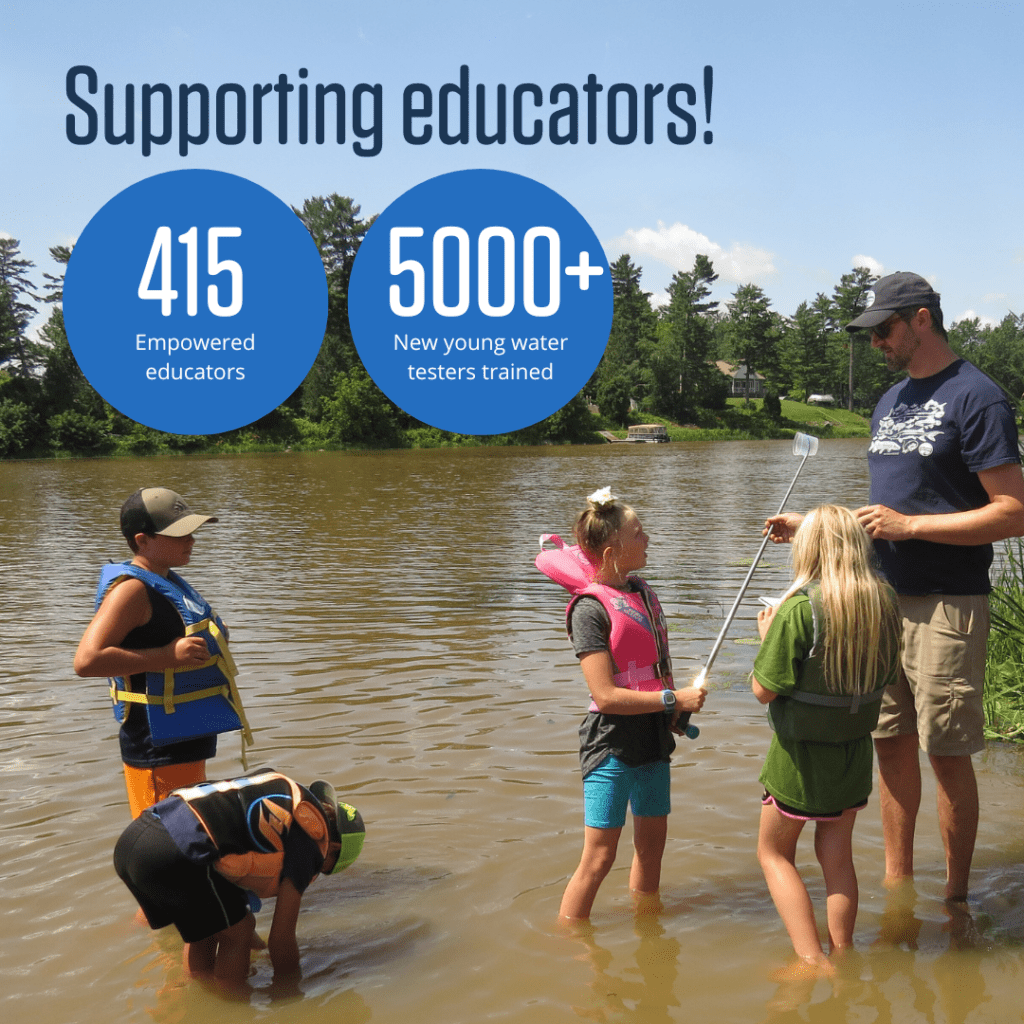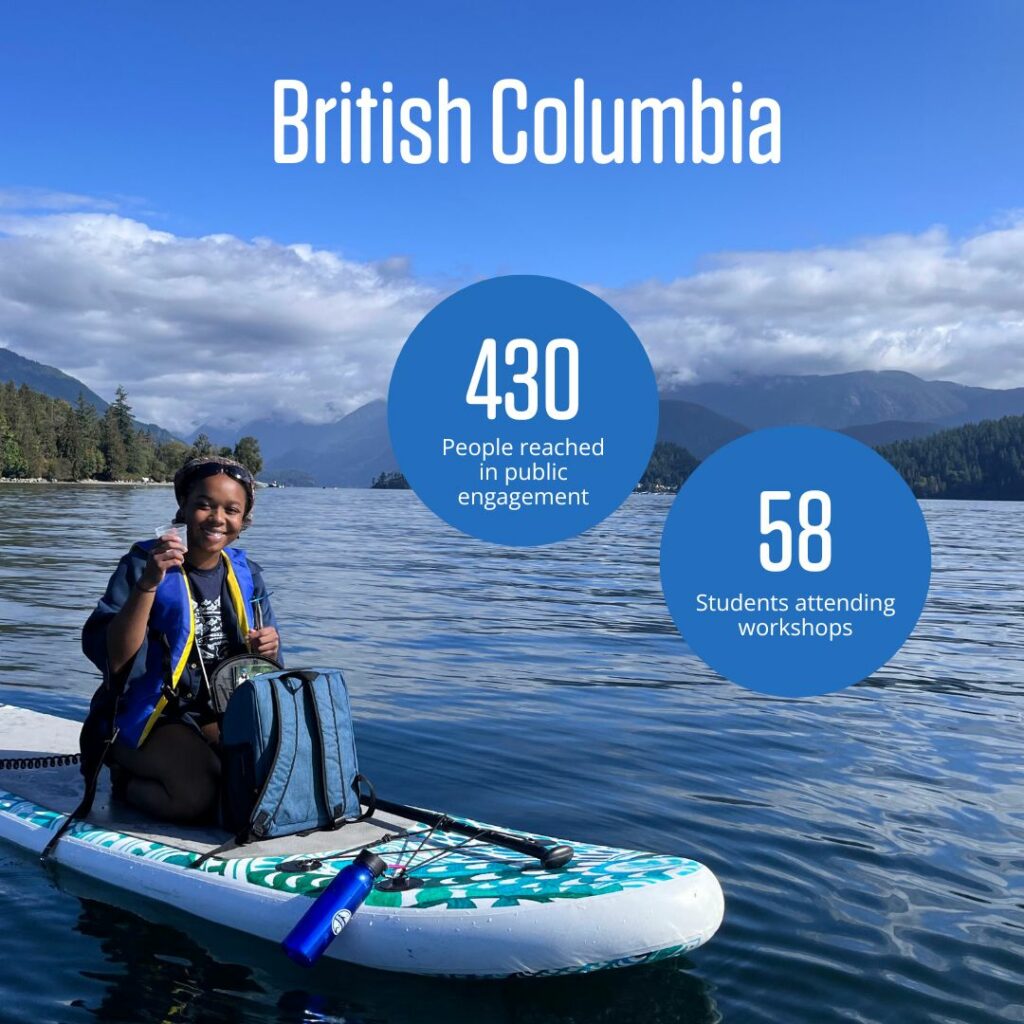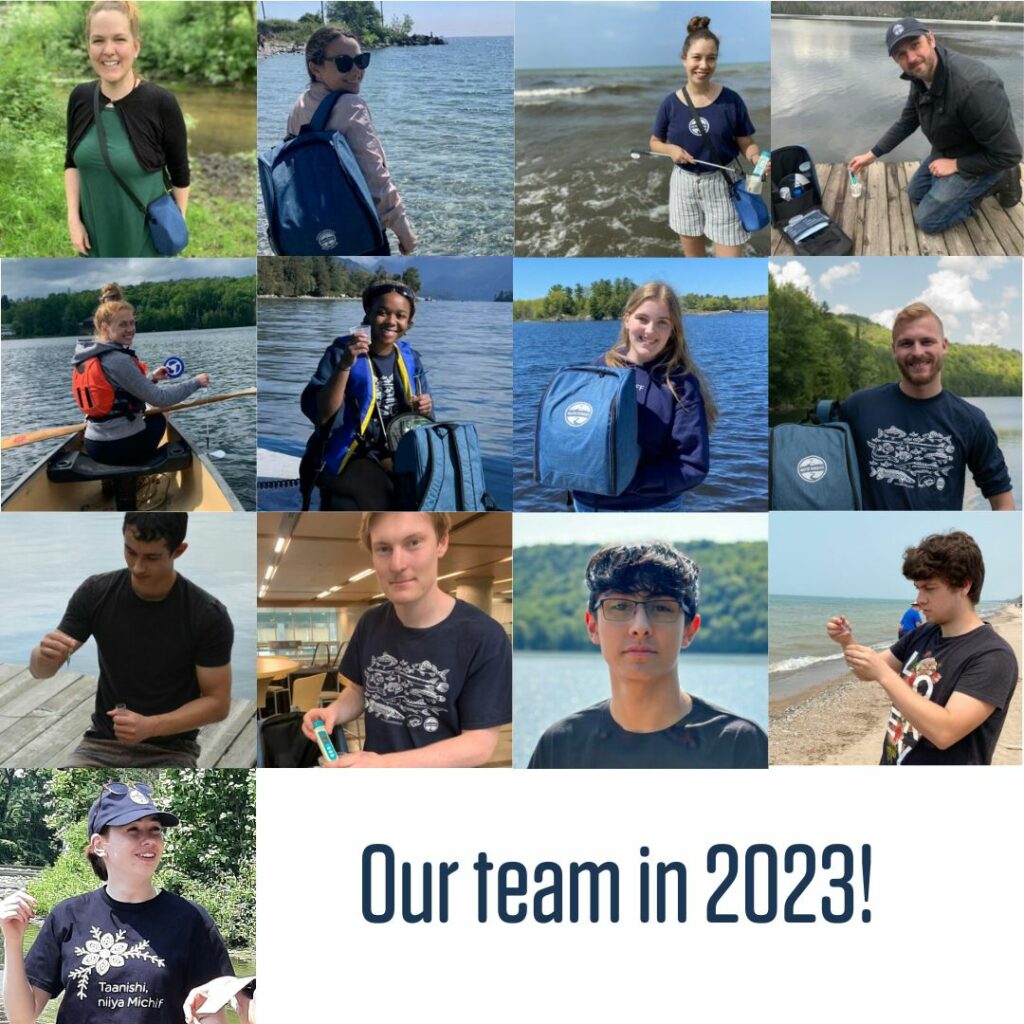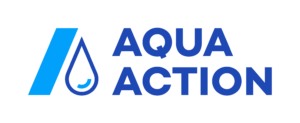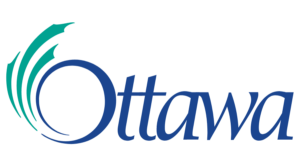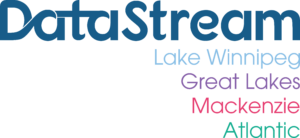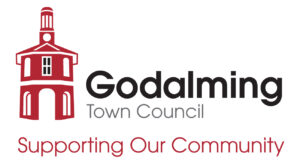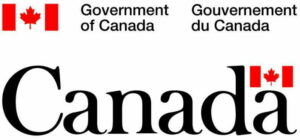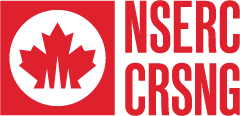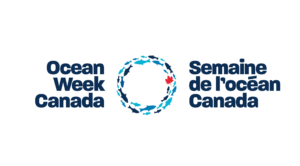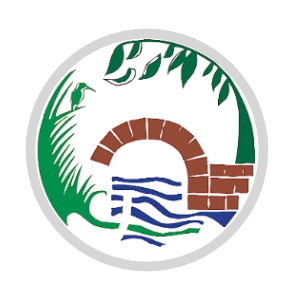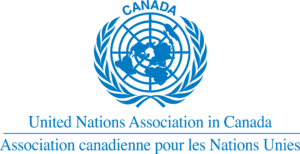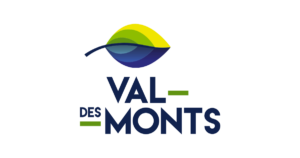2023 in review
When we started looking back at 2023, the phrase, “That was this year?!” was uttered more than once. Laura, Gabi, and Kat started 2023 in Vancouver at the International Marine Protected Areas Congress (IMPAC5) with our friends from the Canadian Ocean Literacy Coalition, promoting freshwater and ocean literacy (pictured at our booth). We became the stewards of Watershed Reports, taking on this responsibility from WWF Canada. In the spring, we welcomed our new Social Enterprise Manager, Nikolas McLean. He quickly established himself as a key member of our sustainability plans. Along the way, we released new products, like our Winter Road Salt monitoring kit, built data tools, presented our vision at conferences around the world, and supported more communities in establishing and growing their Community-Based Water Monitoring (CBWM) efforts than ever.
It’s been non-stop all year. We couldn’t have done it without so many great collaborations that promote CBWM. We’re a small team, and even though we always wish we could do more, we’re so proud of what we’ve achieved. We want to take this opportunity to share the highlights with you!

A few stats for 2023
302,086
Total datapoints at 6,204 locations, ↑ 17% on last year
119
New datasets created on our data platform, ↑ 38% for 317 in total!
88%
Participated in other stewardship activities, with 47% attending public meetings
92%
Got involved so they can collect important water quality data for their local waterway
25,095
Total people we trained to use Water Rangers' tools, ↑ 4,725 from last year
76%
Taught others how to test, teaching on average 36 others
What people said
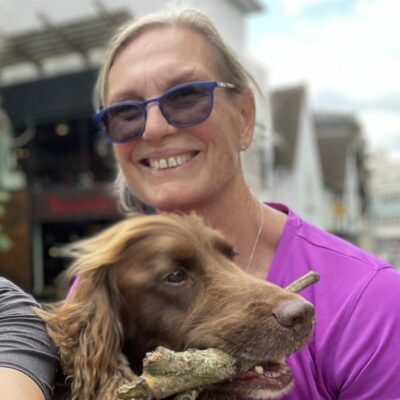
"Water Rangers has been such an inspirational organisation to be involved with. So much enthusiasm to make a difference to improving water quality; so many knowledgable people and so much to learn. It’s been great to feel that there is something practical a citizen volunteer can do that could change things for the better." - Kate Riley (Guilford, United Kingdom)
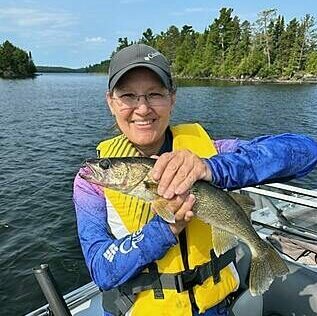
"One thing I like about citizen monitoring is being able to contribute and explaining to curious onlookers what I’m doing and why I’m doing it. You don’t have to be a scientist or employed by an environmental government agency to contribute. It also gets me out of my house to my favourite places on a regular basis. I am learning too." - Pam Matatall, Elgin County (Ontario)
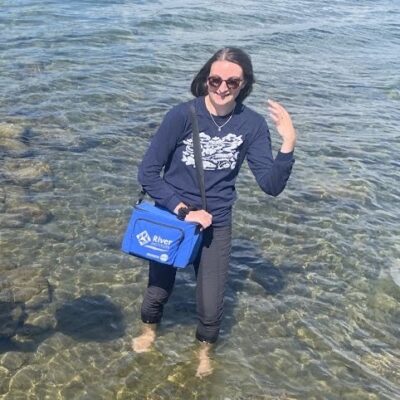
"In the General Biology course I teach for Environmental Technicians at St Lawrence College we test water with these kits in our first class. It is always such a crowd pleaser and a great way to initiate a connection to the St Lawrence River! Some students have since borrowed kits from the River Institute to test water on their own time, too!" - Emilie Derochie, Cornwall (Ontario)

